The year of 2015 revealed to women in Saudi Arabia the limits of the state’s tolerance for women’s rights. Women’s participation for the first time in the December municipal election was clogged with restrictions. “Baladi,” a civil campaign to engage women in the democratic process, was ordered shut shortly before the election. Many women could not register as voters because of technicalities. Women candidates were banned from showing their pictures or engaging directly in campaign promotions with men in their constituencies. Some successful candidates were disqualified by the Ministry of Interior due to their critical opinions and advocacy work. The resulting one percent proportion of women elected testifies to the symbolic empowerment of women citizens in Saudi Arabia.
In 2015, authorities sent two women drivers to prison and tried them for the terror-related crime of inciting public opinion against the state. As a champion of the national transformation plan, the deputy crown prince, Mohammad Bin Salman, declined to comment on the driving ban and falsely claimed that women were able to travel freely—a sign of the state’s embarrassment of its own policies. Women’s participation in the labor force persistently remained below 20 percent because of the challenges of commuting, the difficulty of finding jobs that satisfy gender segregation laws, and the unavailability of daycare facilities. The state relegated the legal status of Saudi women to the religious lobby. As a result, personal status codes are non-codified, protection from abuse is poorly implemented, and anti-harassment laws are absent.
The Saudi state continues to enforce a severely limited identity on its women citizens: one that does not recognize their full potential or equality. Women’s public advocacy campaigns may have placed many women at risk, yet it transformed their own identity to fully engaged political citizens far beyond the goals of the state’s transformational plans. Their voices are stronger, their presence is felt, and their determination defies state’s restrictions.
This article was originally published by the Wilson Center.
The views represented herein are the author's or speaker's own and do not necessarily reflect the views of AGSI, its staff, or its board of directors.

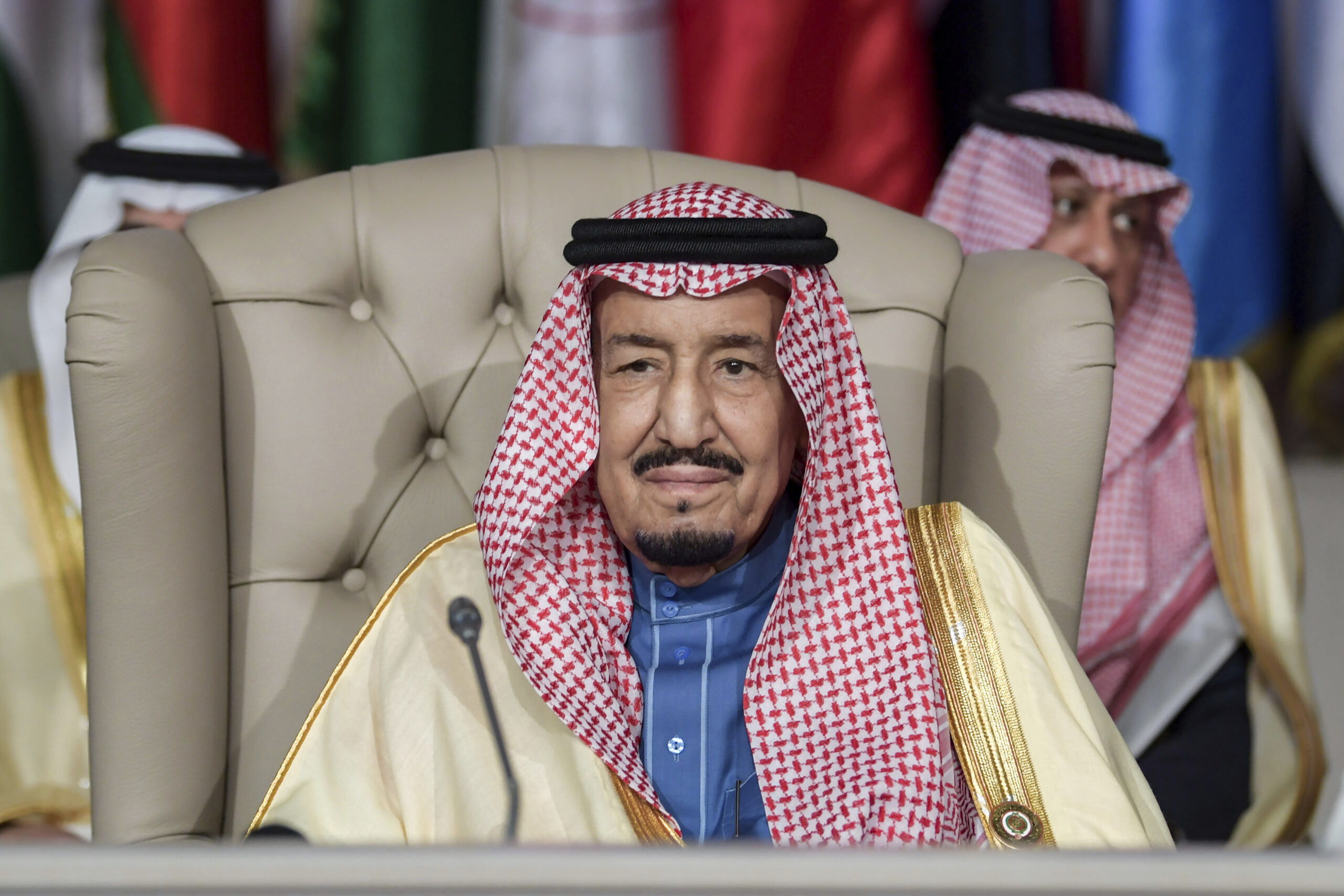

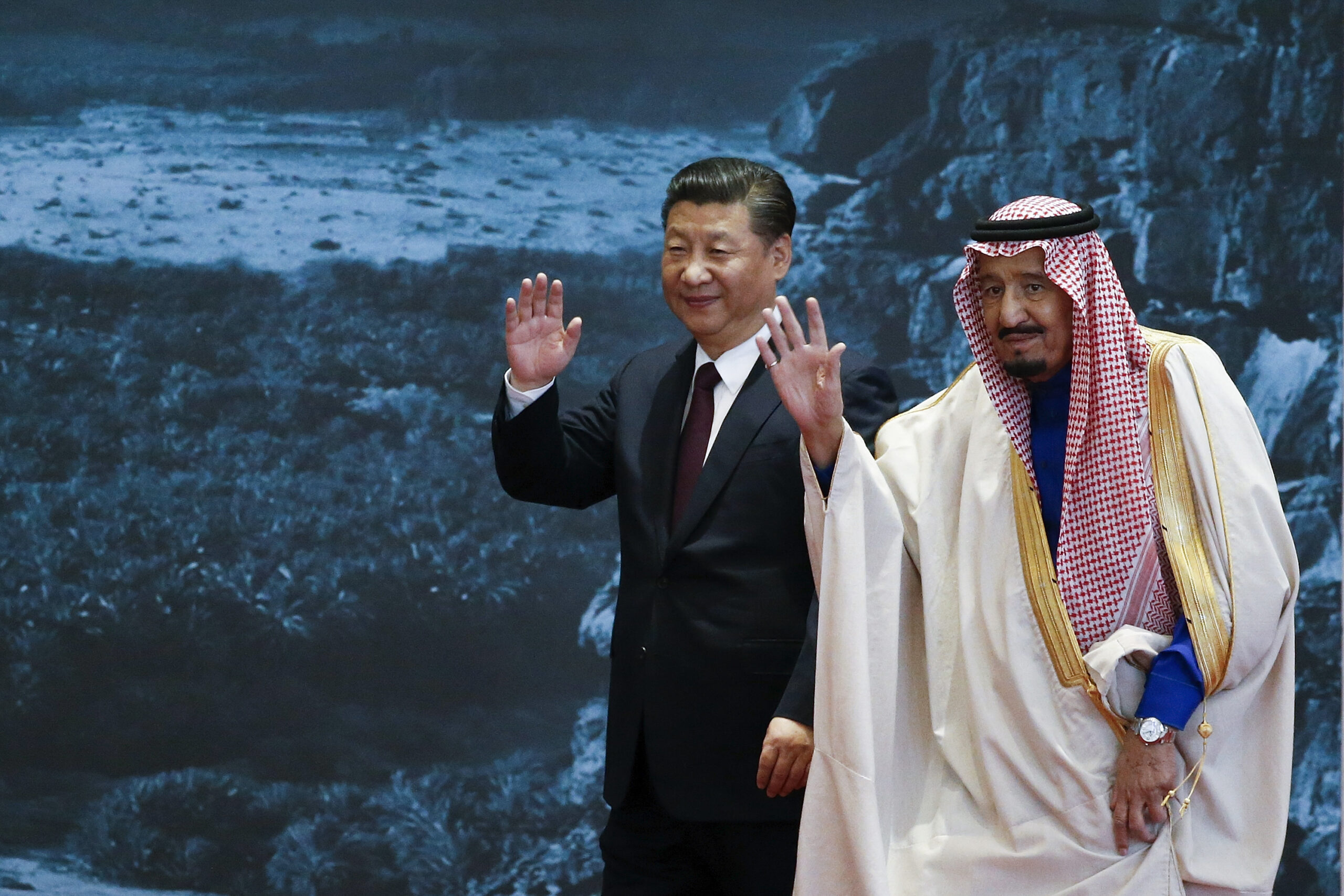


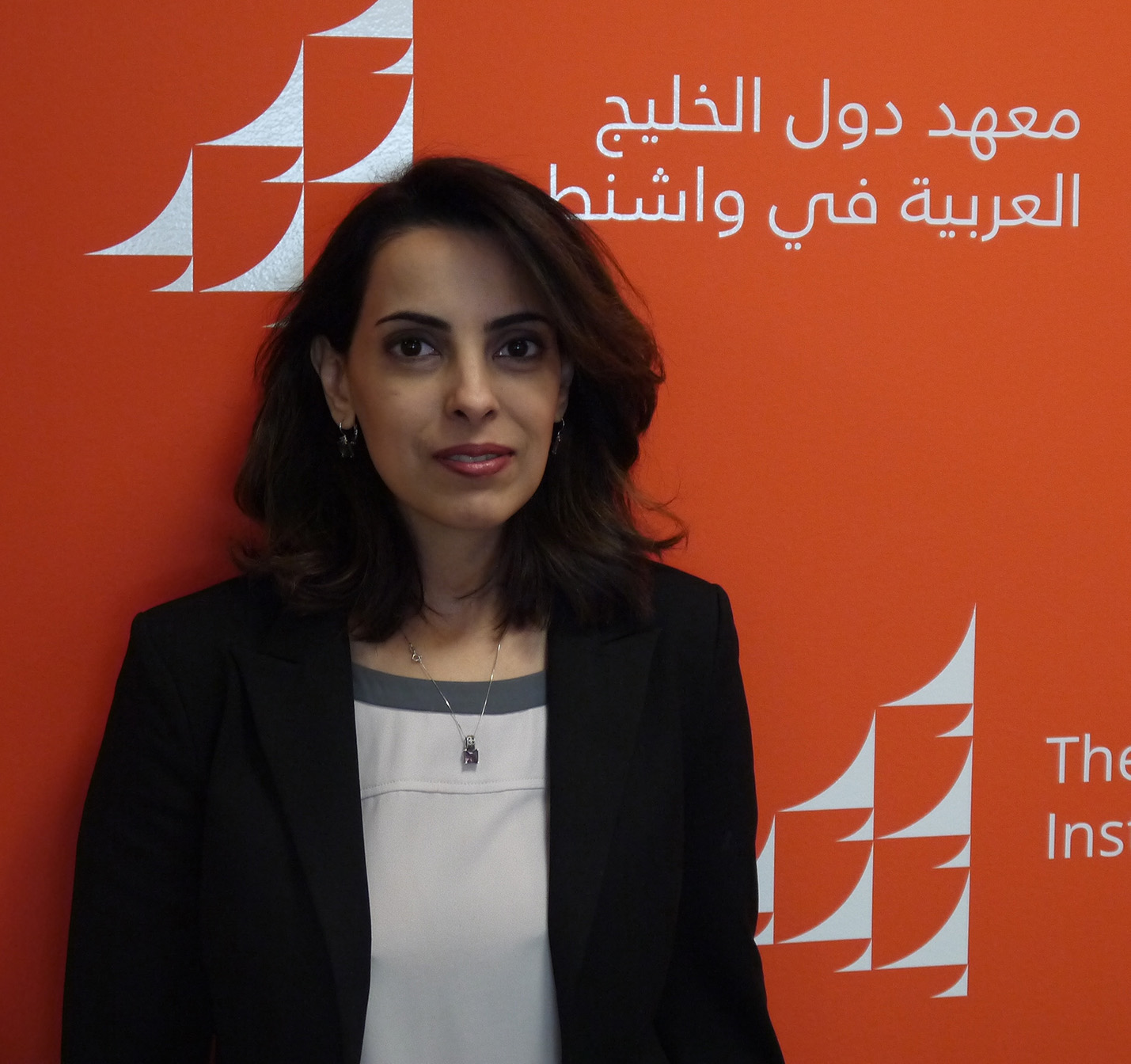
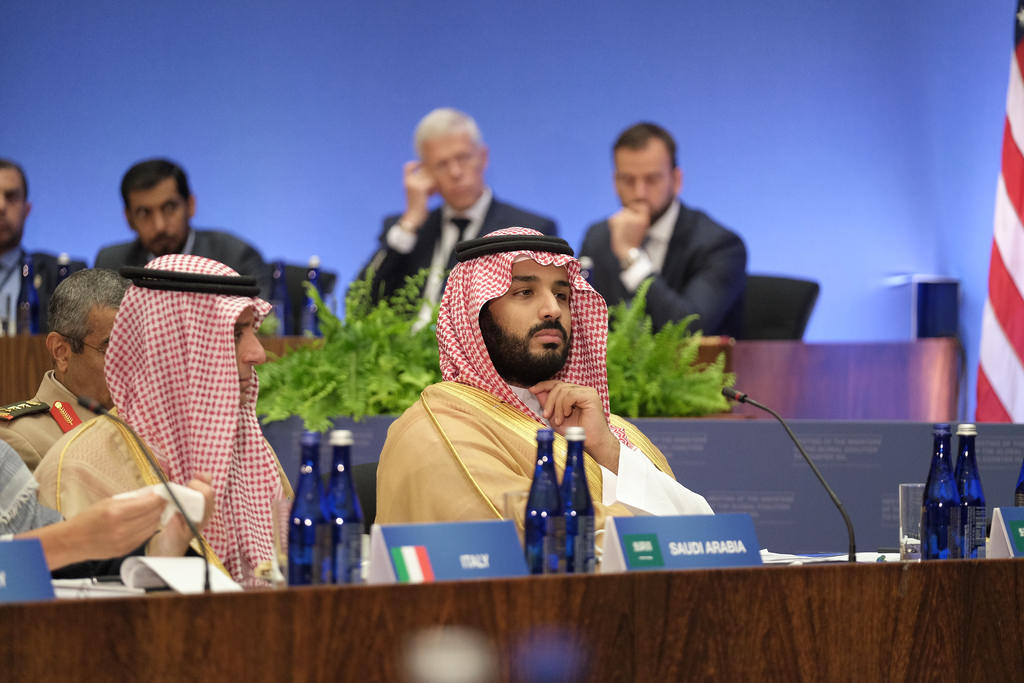
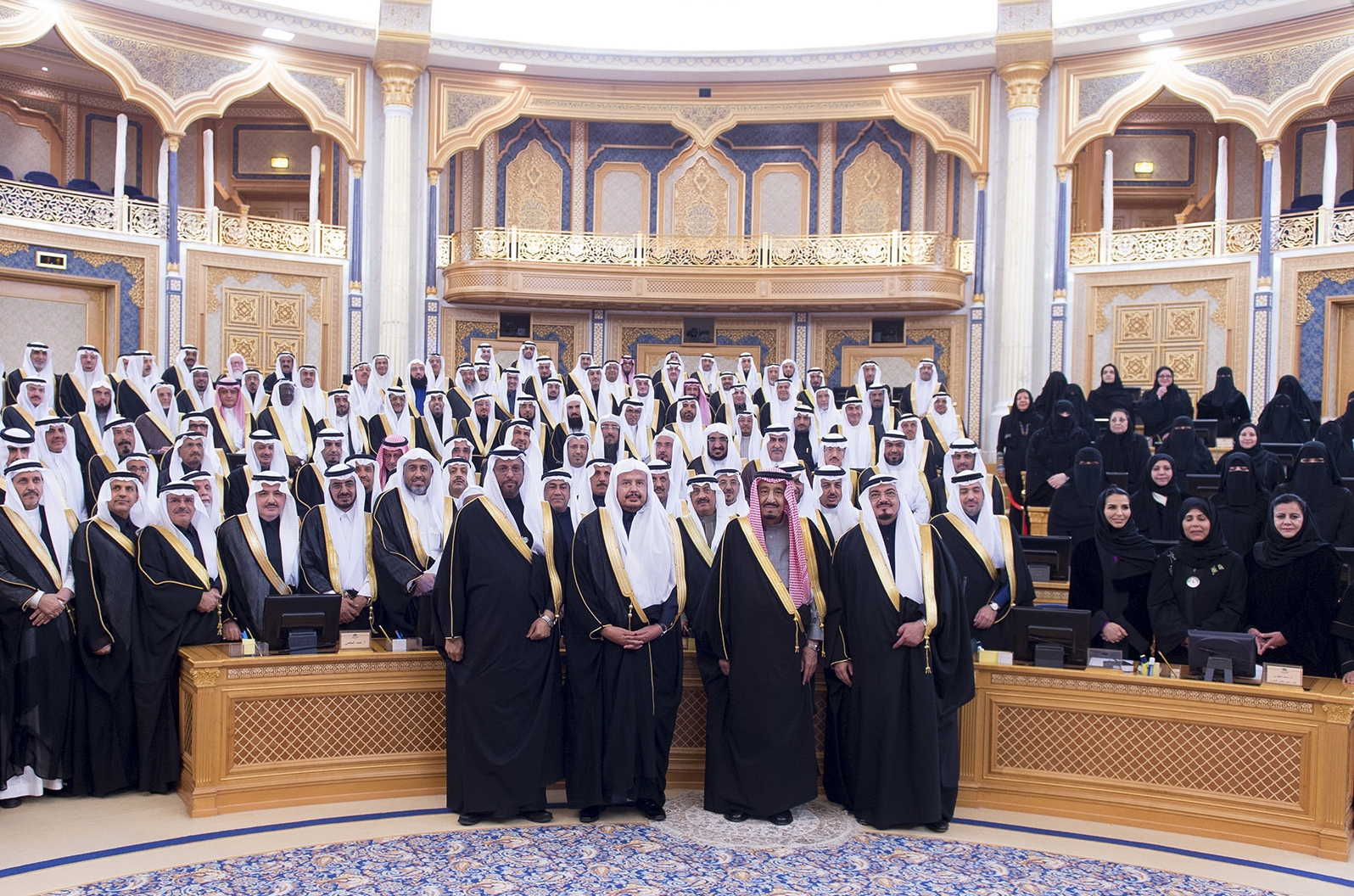
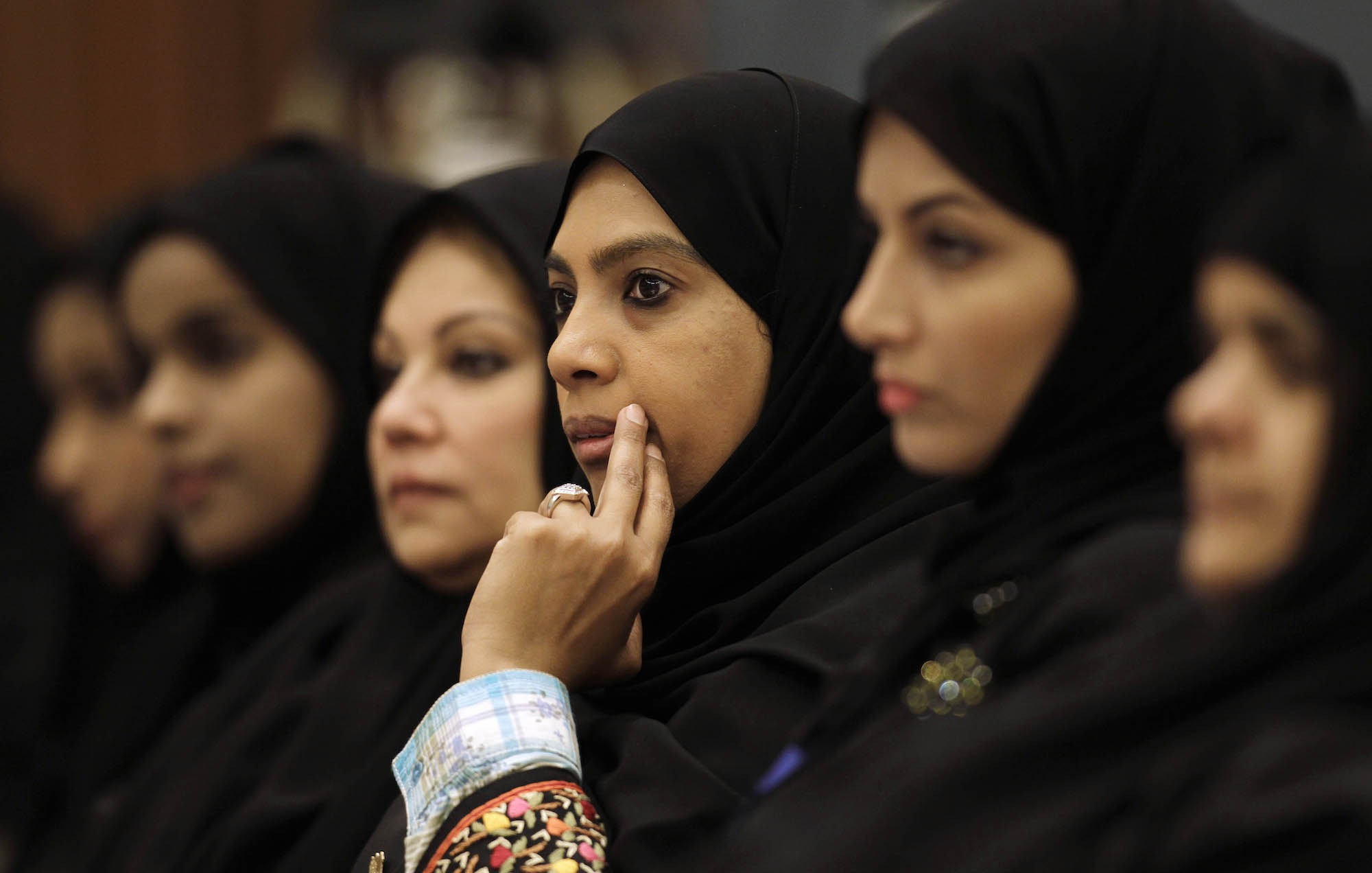
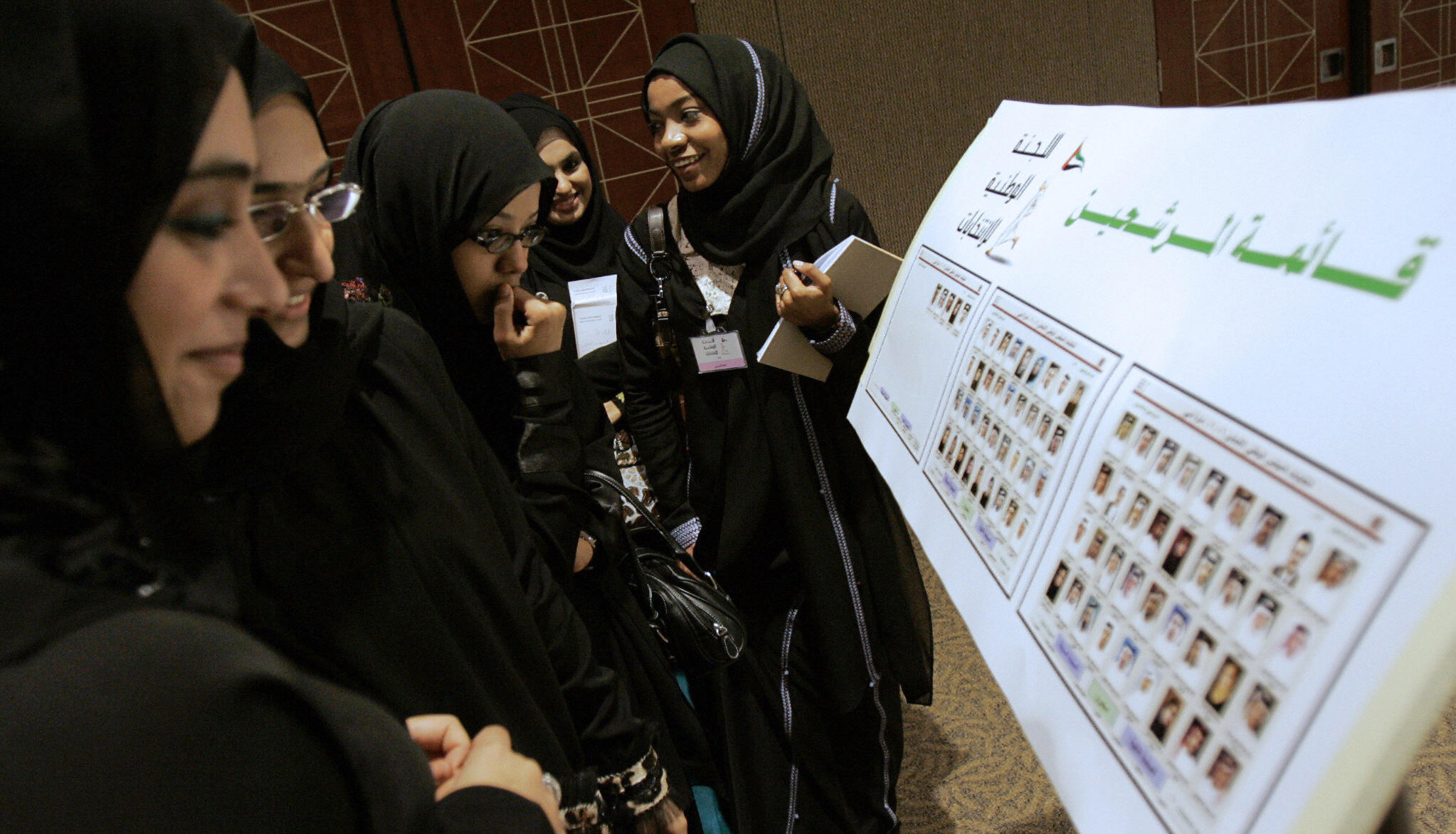
Mar 9, 2016
Five Years after the Arab Spring: What’s Next for Women in the MENA Region?
The year of 2015 revealed to women in Saudi Arabia the limits of the state’s tolerance for women’s rights. Women’s participation for the first time in the December municipal election was clogged with restrictions. “Baladi,” a civil campaign to engage women in the democratic process, was ordered shut shortly before the election. Many women could...
2 min read